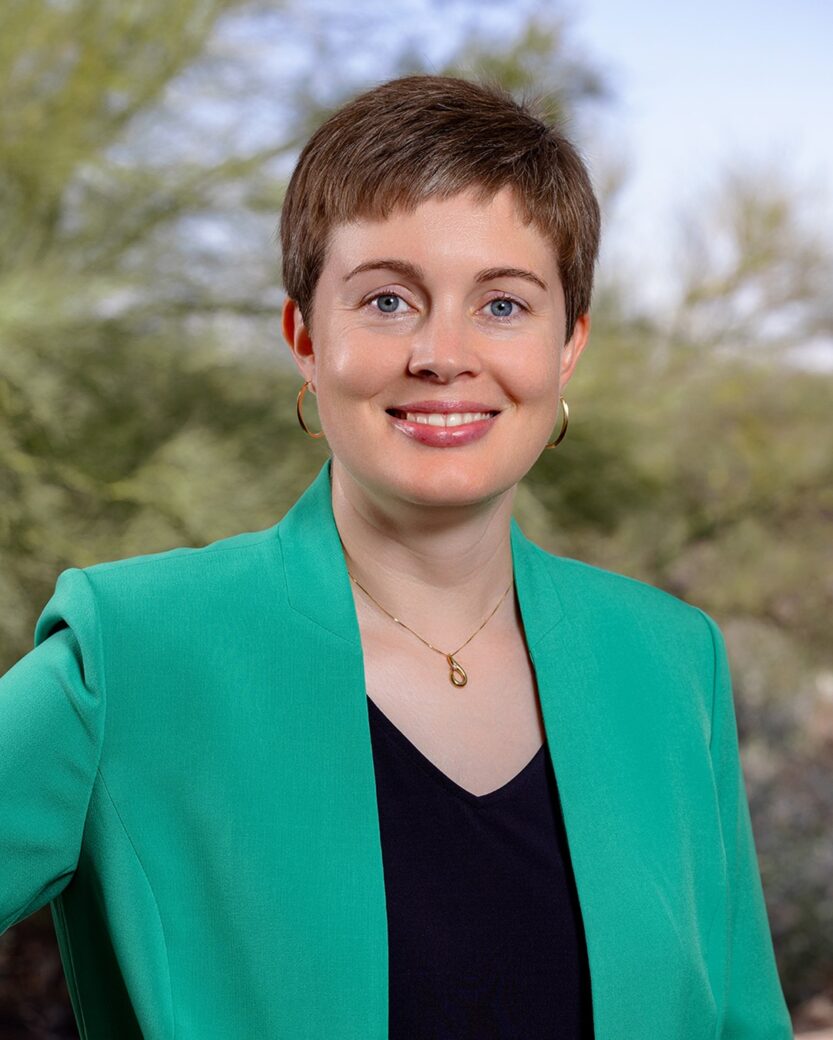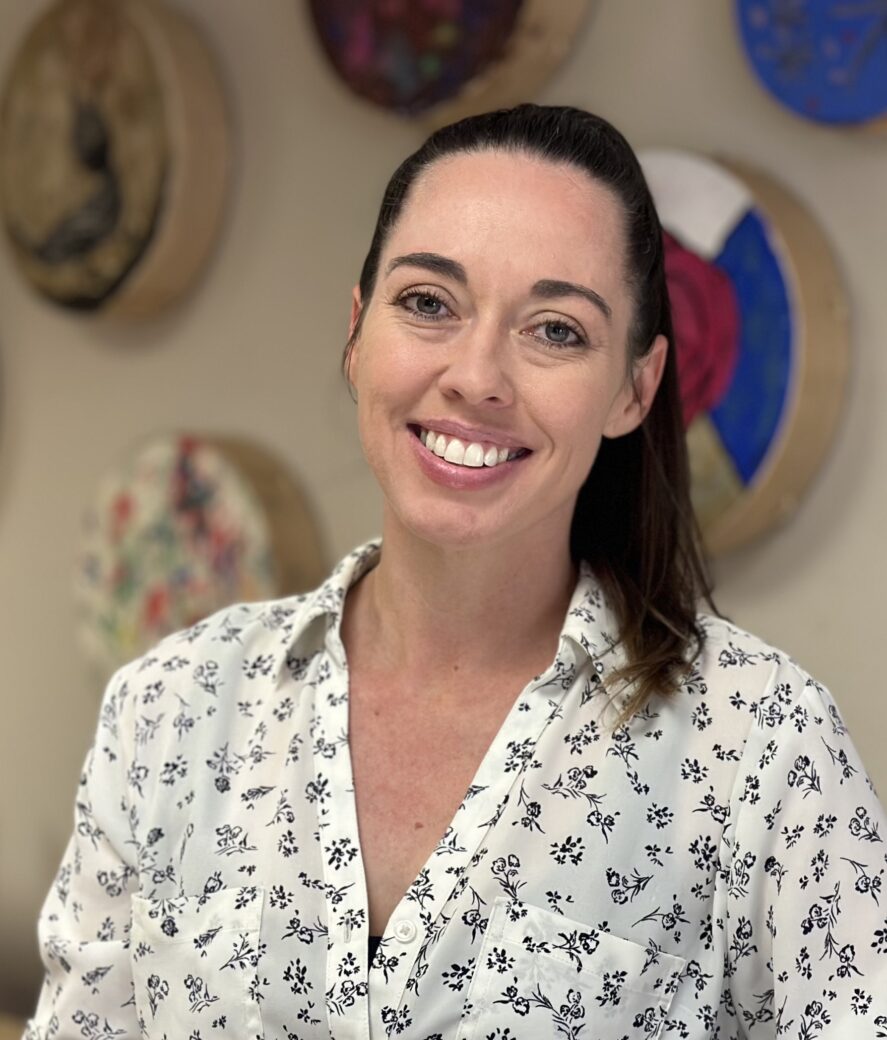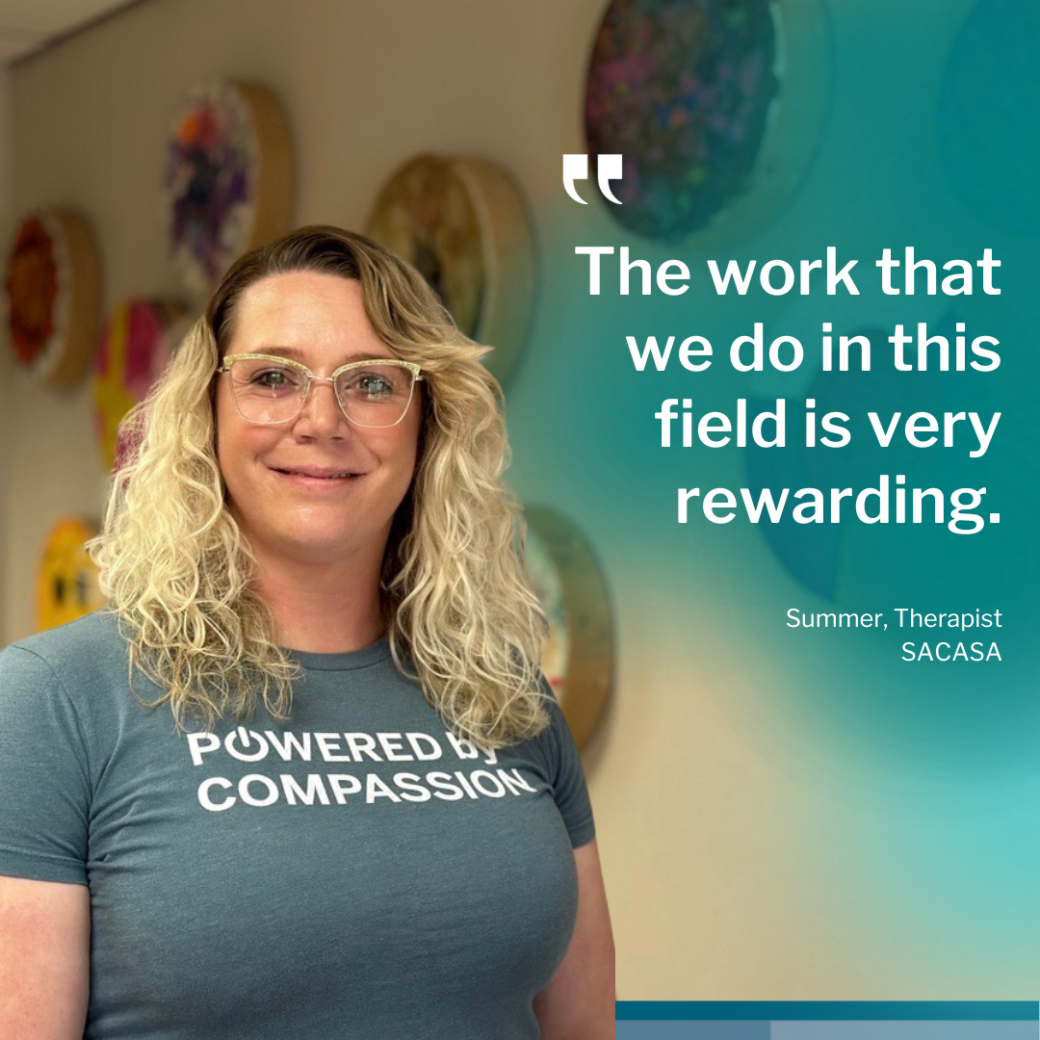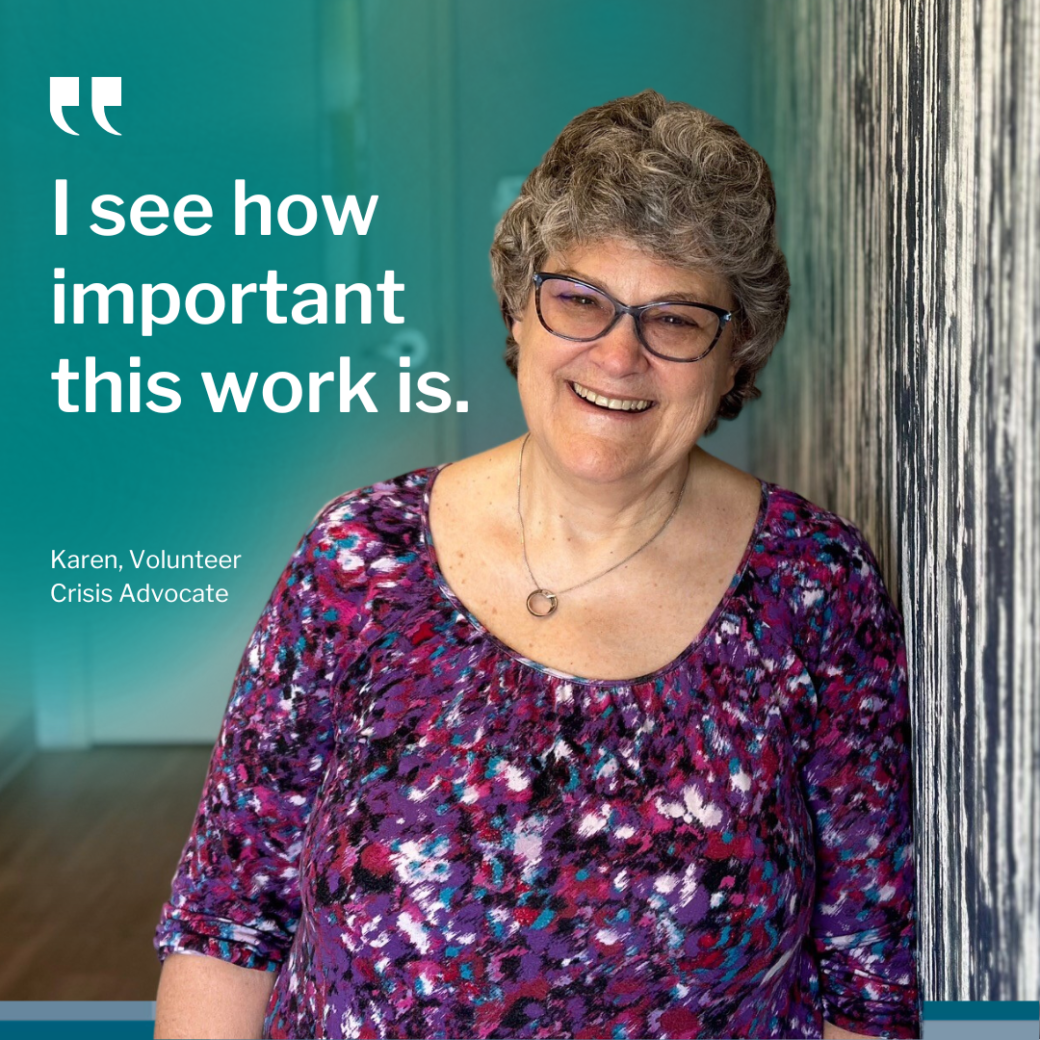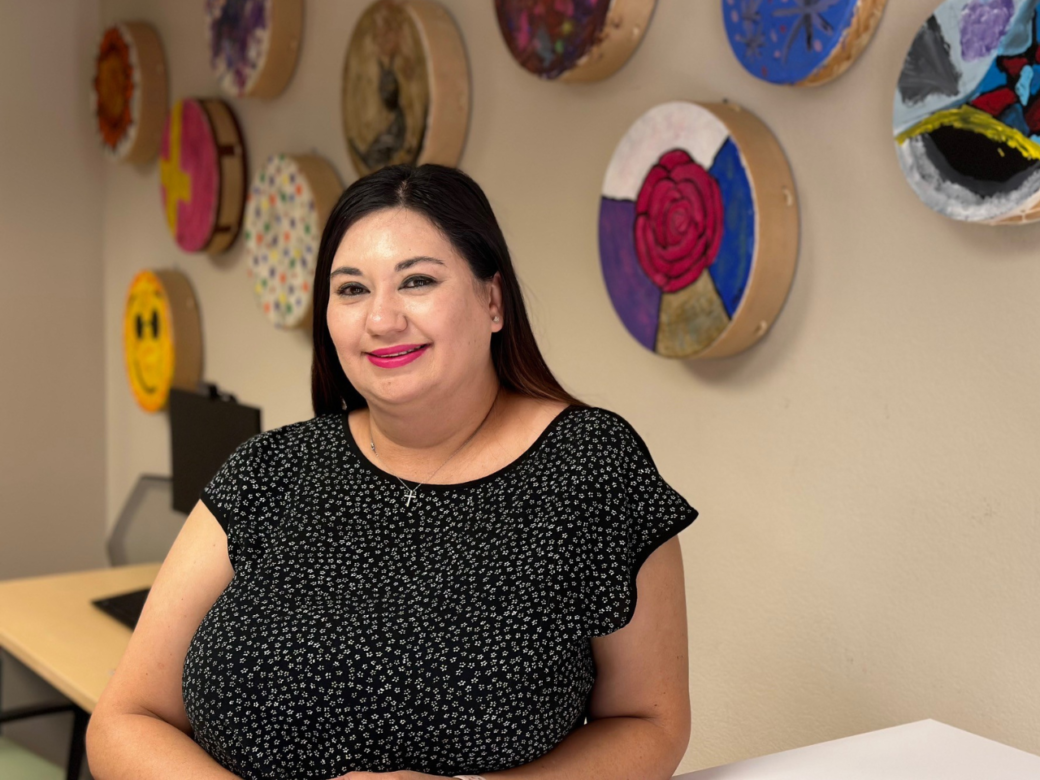
Written by: Elena Santana, Crisis Advocate and A.J. Haynes, Linkage Liaison
Embracing Pronoun Awareness: A Vital Step in Support
In our journey towards fostering a more inclusive and compassionate culture, it is crucial to recognize and understand misgendering. Misgendering occurs when individuals are referred to or addressed using pronouns or gender markers that do not align with their gender identity. This seemingly small act can have significant effects on the individual, including emotional distress and perpetuates discrimination and marginalization.
The emotional impact of misgendering cannot be overstated. It can contribute to a range of negative outcomes, including stress, anxiety, and depression. Individuals who experience frequent misgendering may also live with thoughts worthlessness, as they struggle to navigate a world that fails to acknowledge their existence.
At its core, misgendering can feel like a person’s identity is not valid. Whether intentional or not, it undermines an individual's sense of self and can lead to feelings of insecurity and impact their quality of life.
For transgender and non-binary individuals, being consistently misgendered can make existing struggles with acceptance and validation worse. Especially in healthcare, around 33% of trans people do not go to primary care clinics when they have health issues because they feel uncomfortable, and 48 % of them have felt discriminant or inadequate behaviors from the healthcare professional at some point.
At SACASA, we strive to reduce the barriers and negative attitudes around mental and physical healthcare.
Here are some recommendations on how to foster a more inclusive and compassionate environment:
- Provide a Safe Space: Creating an environment where everyone feels respected and valued is essential. By fostering an atmosphere of inclusivity and acceptance, we can encourage individuals to express their true selves without fear of judgment or discrimination.
- Ask About Pronouns Respectfully: Instead of assuming someone's gender identity based on appearance or assumptions, it's important to ask about pronouns in a respectful manner. Simple questions like "What pronouns do you use?" or "How would you like to be addressed?" demonstrate a willingness to honor an individual's identity.
- Use Gender-Neutral Language: Using gender-neutral language in our everyday interactions can help to avoid inadvertently misgendering someone. Using terms like "they/them" or using the person's name instead of pronouns can promote inclusivity and respect. By taking these steps, we can work towards building a more empathetic and understanding community where everyone's identity is acknowledged and affirmed.
Let's strive to create spaces where misgendering is not tolerated, and where all individuals can feel seen, heard, and respected for who they truly are.
Research Sources:
- Villines Z. Misgendering: Why it matters, and why it is harmful (2023 July 7) Medical News Today | Understanding misgendering (medicalnewstoday.com)
- Berg S. 6 Things Patients Wish Physicians Knew About Gender Identity (2021 June 25) American Medical Association Population Care | Reducing Health Disparities | AMA (ama-assn.org)
- Trans people perceptions of care received from healthcare professionals — A phenomenological study https://www.ncbi.nlm.nih.gov/pmc/articles/PMC10755318/#:~:text=Around%2033%20%25%20of%20trans%20people,at%20some%20point%20%5B1%5D.
Image Source: News 19 WLTX, COLUMBIA, SC


